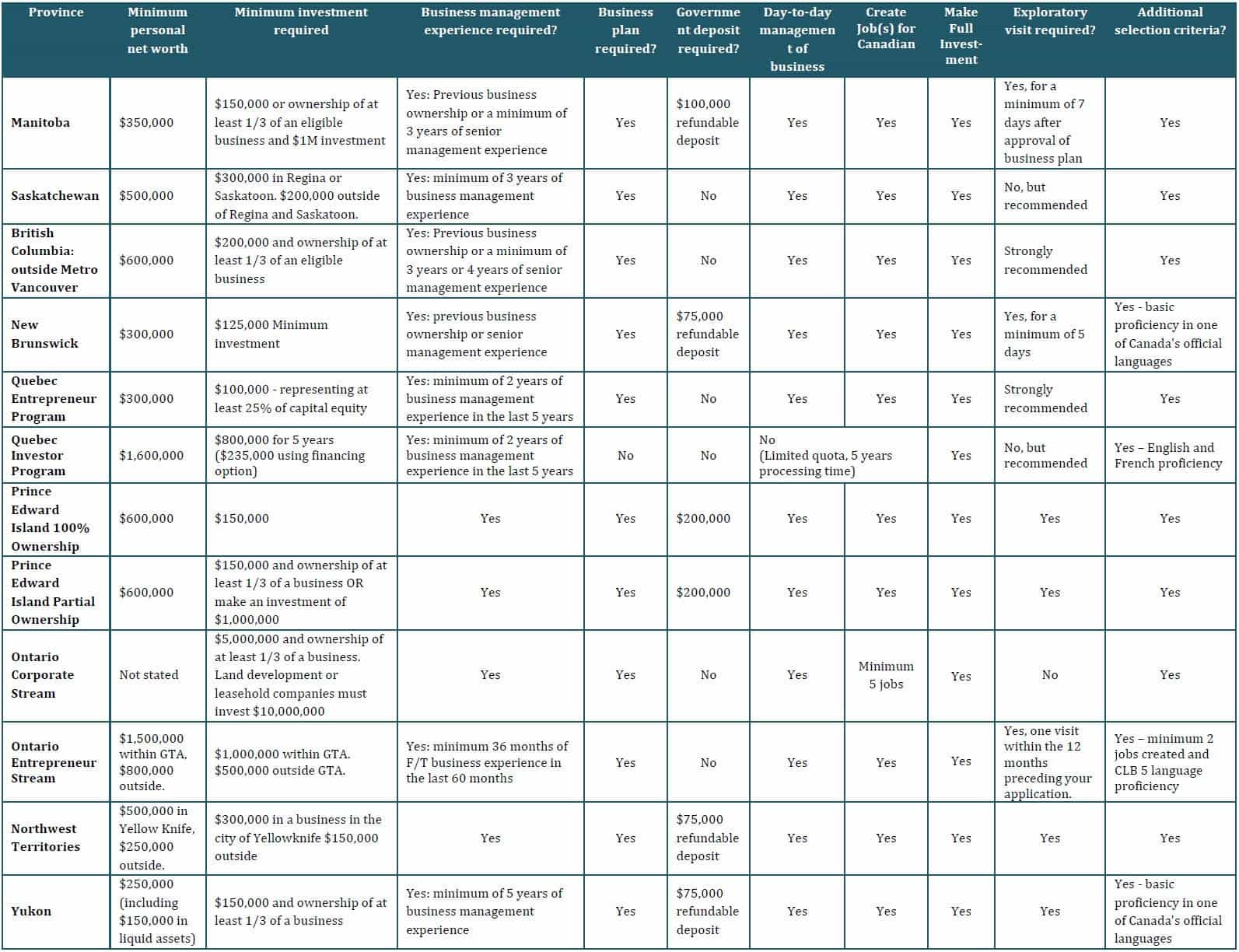Amendment to Citizenship Act passes major legal milestone, comes one step closer to expanding eligibility
On November 5, Bill C-3 passed its third reading in Canada’s House of Commons, coming one step closer to expanding eligibility for Canadian citizenship by descent.
The Bill, which seeks to remove the First-Generation Limit (FGL) rule for Canadian citizenship, would amend Canada’s Citizenship Act, allowing Canadians born overseas to pass citizenship to their children born outside of Canada.
This article will cover where the Bill stands now, what important steps it must complete to receive Royal Assent and become a formal part of Canadian law, and which individuals may benefit from the expanded citizenship eligibility.
Get a Free Legal Consultation on Applying for Proof of Canadian Citizenship
Where Bill C-3 stands on the path to Royal Assent
Bill C-3 has completed the House of Commons process and passed third reading, meaning that it must enter the Senate now and go through approval processes there.
Because Bill C-3 started in Canada’s House of Commons, it must pass through three readings in both the House and the Senate, without amendments, before receiving Royal Assent, and formally coming into effect as law.
If the Senate does choose to amend Bill C-3, it must return to the House of Commons to be re-examined. The Bill can only receive Royal Assent once an identical version of it has passed through both branches of Canada’s Parliament.
What if I want to apply for citizenship under the new laws before Bill C-3 formally passes?
Individuals who believe they may be impacted by the FGL rule that Bill C-3 proposes to fix can apply for proof of Canadian citizenship under new interim measures introduced by the government of Canada earlier this year.
Who would be impacted if Bill C-3 passes (and how)
In practical terms, Bill C-3 is intended to restore citizenship by descent to many second-generation Canadians born or adopted abroad. The Bill also seeks to rectify different instances of lost citizenship under current and past iterations of the Citizenship Act. These are outlined below:
Children born or adopted abroad to a Canadian parent before December 19, 2023
Children born or adopted on or after December 19, 2023, who are affected by the FGL, and whose Canadian parent has met the “substantial connection to Canada” test at the time of their birth or adoption;
Individuals born abroad before April 1, 1949, with a Canadian parent who are affected by the FGL;
Individuals who lost their citizenship on account of unmet retention requirements (former section 8 of the Citizenship Act).
These examples are detailed in more clarity in our dedicated article on applying for Canadian citizenship under new regulations.
Why Bill C-3 was introduced (the legal and political timeline)
In December 2023, the Ontario Superior Court of Justice declared the second-generation cut-off provisions of the Citizenship Act unconstitutional and instructed the federal government to amend the legislation.
The court initially granted a six-month grace period, then extended the deadline three times, most recently to March 19, 2025.
In May 2024, the government introduced Bill C-71 to allow citizenship by descent to the second generation if the Canadian parent had at least 1,095 days of physical presence in Canada before the child’s birth or adoption
However, on January 6, 2025, Prime Minister Justin Trudeau announced his resignation as Liberal leader and requested that the Governor General prorogue Parliament until March 24, 2025.
As a result of Trudeau’s resignation, Bill C-71 did not become law; prorogation kills all current bills, and C-71 may never be reintroduced. Against this background, Bill C-3 was brought forward to respond to the court’s ruling and replace temporary, discretionary fixes with durable statutory rules.
Get a Free Legal Consultation on Applying for Proof of Canadian Citizenship















